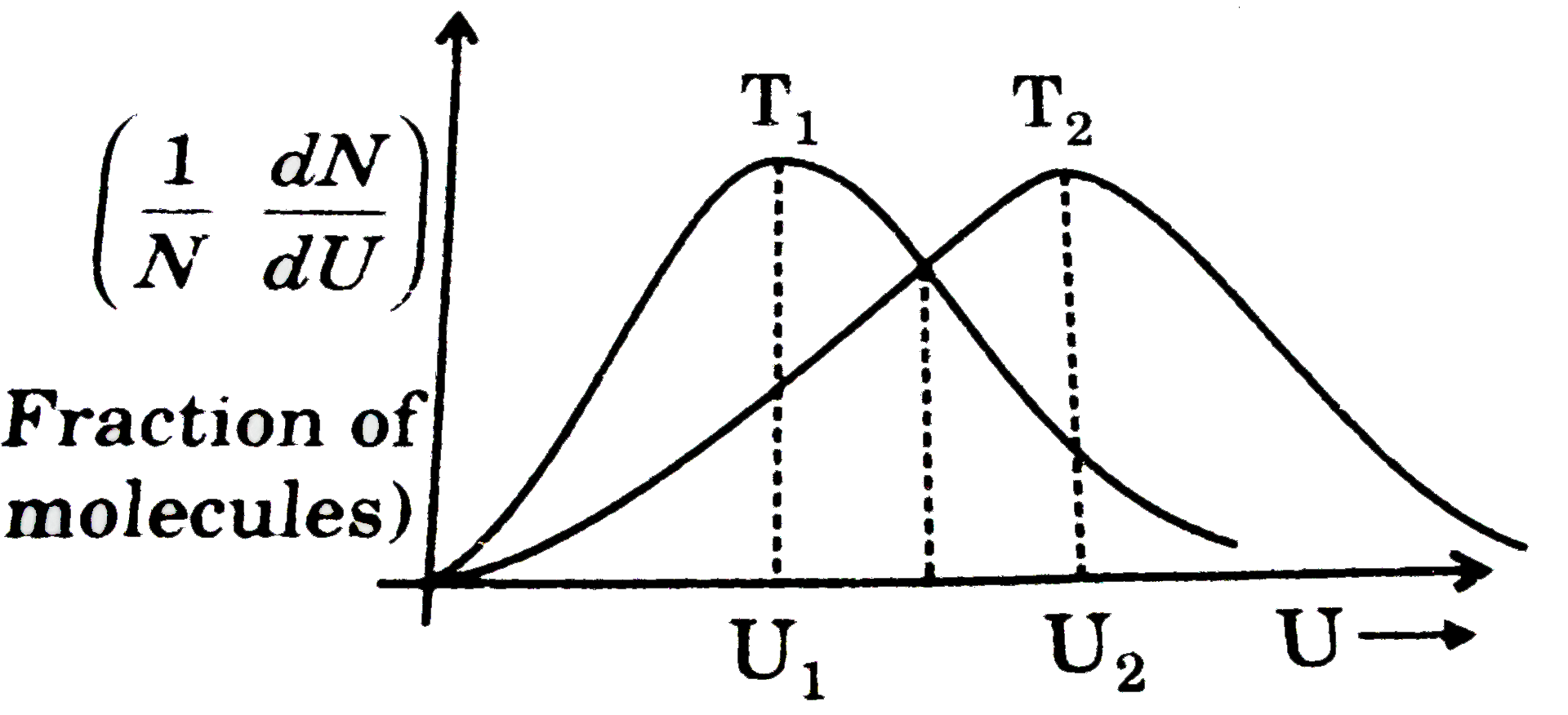If the wind is strong, kites are flown.
If the sky is not clear, kites are not flown.
If the temperature is high, kites are flown. assume the statement above to be true ,if kites are flown . which of the following statement definitely true
I. The wind is strong.
II. The sky is clear.
III. The temperature is not high.
I only
II only
III only
I and III only
The correct Answer is:B
This is a problem involving deductive arguments. Assume that the initial statements are true. Then test each choice. I is not necessarily true. For example, even though it is true that when it is raining, there are clouds in the sky, you cannot conclude from the fact that there are clouds in the sky that it is raining. III makes the same error. II, however, is inferable. It.s like reasoning as follows: When there are no clouds in the sky, it is not raining. It is raining, therefore, there are clouds in the sky.
Similar Questions
Which of the following statements are true and which are false ?
Every rhombus is a kite.View SolutionDirection: In each of the following question assuming the givne statements to be true, find which of the conclusion among given conclusions is/are definitely true and then give your answers accordingly. Statement : J < G > L > N< K < F < T = H. Conclusions: F>L, II. K < H
View Solution
Knowledge Check
- Question 1 - Select One
(i)M is the brother of N
(ii) B is the brother of N,and
(iii)M is the brother of D, which of the following statements is definitely true?AN is the brother of BBN is the brother of DCM is the brother of BDD is the brother of M - Question 2 - Select One or More
In the above Maxwellian plot at two different temperatures which of the following statements may be true?
 AArea under the two plots is the sameBFraction of molecules with speed U1>U2CU2>U1andT2>T1DUMPS at T1<URMS at T2,URMS at T1<URMS at T2
AArea under the two plots is the sameBFraction of molecules with speed U1>U2CU2>U1andT2>T1DUMPS at T1<URMS at T2,URMS at T1<URMS at T2 - Question 3 - Select One
In the given questions assuming the given statements to be true, find which of the following conclusion I and II given below is/are definitely true and give your answer accordingly.
Statements:
M < D, D = K, K ≤ R, R= F
Conclusions:
I. F < K
II. D = FAIf, I is trueBIf, II is trueCIf, either I or II is trueDIf, neither I nor II is true
Direction: In the following question assuming the given statements to be True, find which of the conclusion among given conclusions is/are definitely true and then give your answers accordingly.
Statements: P < Q ≥ G, G ≥ I ≥ E, C ≤ P, C > U
Conclusions:
U > I
P ≤ EView SolutionIn the given questions assuming the given statements to be true, find which of the following conclusion I and II given below is/are definitely true and give your answer accordingly.
Statements:
M < D, D = K, K ≤ R, R= F
Conclusions:
I. M < R
II. D = RView SolutionI. Highest density of organism.
II. Epiphyte care abundant.
III. Temperature is high and uniformed.
IV. Climate is humid and warm.
The above statement describes which of the following ecosystem?View SolutionRead the following :
(a) Low temperature preserves the enzyme
(b) Enzyme gets denatured at high temperature
(c ) Enzyme gets dnatured at high temperature
(d) Competitive inhibitor competes with the product formed
Which of the following statement are true ?View SolutionWhich of the following can maintain high and constant body temperature?
I. Chameleon
II. Struthio
III. Pteropus
IV. ClariasView Solution

